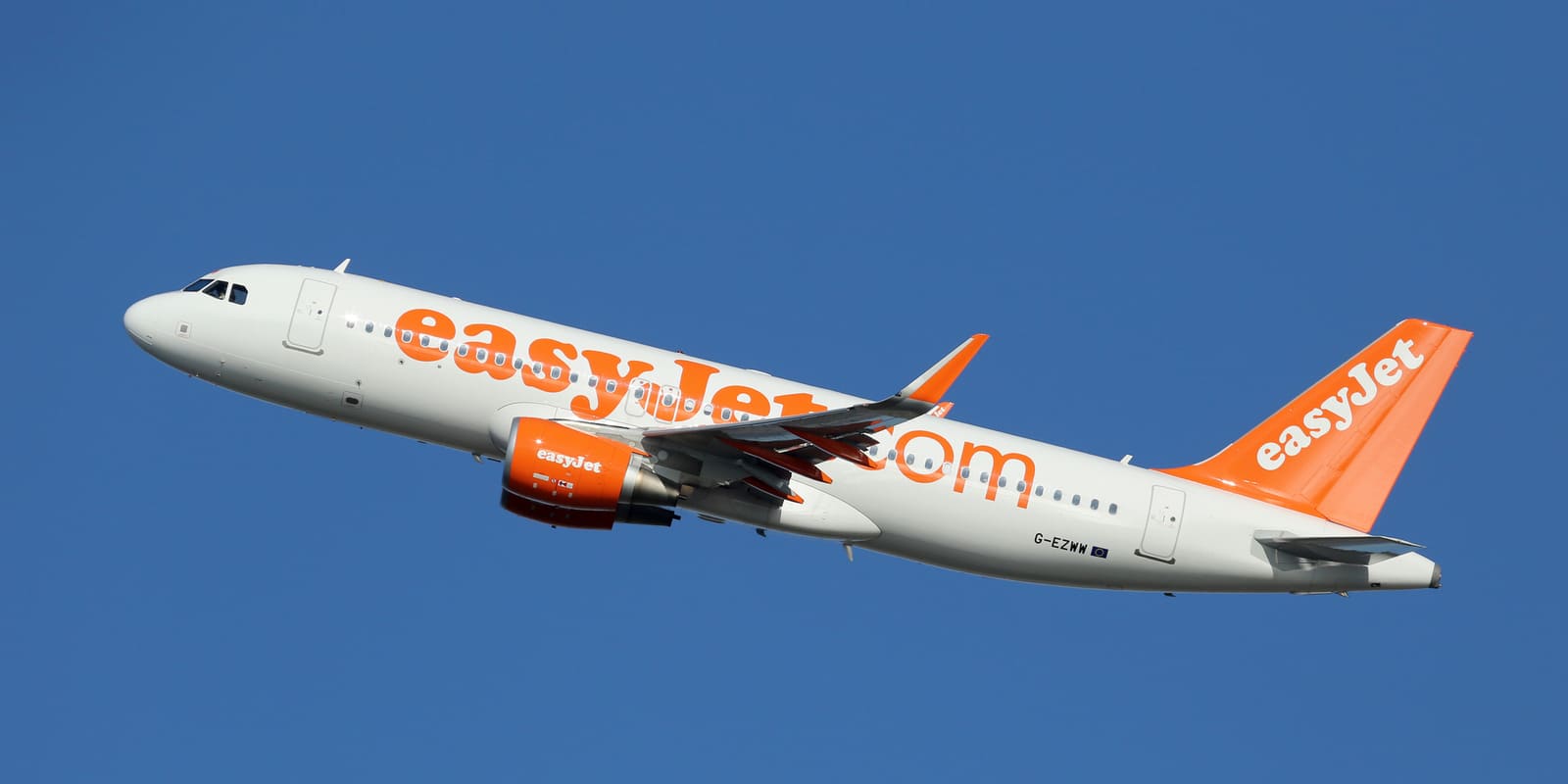easyJet has announced the launch of its first digital hub in Europe, choosing Barcelona as the site for this strategic investment. Scheduled to begin operations in 2026, the new center will focus on developing next-generation digital products while strengthening the airline’s capabilities in product design, engineering, and innovative customer experiences.
The announcement was made alongside the company’s fiscal year 2025 results, which highlight strong growth in Spain, including the transport of 18.6 million passengers to and from the country, a year-on-year increase of 7 %.
The new digital hub underscores easyJet’s commitment to enhancing its digital offering, reflecting the airline’s confidence in Barcelona’s deep pool of tech talent. To support the initial development phase, easyJet has launched a recruitment campaign focused on candidates with profiles in product, engineering, artificial intelligence, and marketing.
“The decision to locate our first digital hub in Europe in Barcelona is a clear reflection of easyJet’s commitment to Spain and to the enormous talent that exists in the country”
Javier Gándara, Managing Director for Southern Europe and Director of Public Policy at easyJet
The company expects to form an initial team of around 30 specialists. The hub will work on improving digital solutions across easyJet’s app, website, and customer touchpoints used by more than 100 million travelers, reinforcing its long-term strategy to deliver a seamless digital experience.
Javier Gándara, Managing Director for Southern Europe and Director of Public Policy at easyJet, noted, "The decision to locate our first digital hub in Europe in Barcelona is a clear reflection of easyJet’s commitment to Spain and to the enormous talent that exists in the country. This new center will be key to accelerating our digital transformation and to continuing to improve our passengers’ experience, incorporating capabilities in data analysis, artificial intelligence, and marketing. We will begin operations in 2026 with the ambition of making Barcelona a reference point within the company, and we do so with full confidence in the innovation ecosystem and in the professionals who will make this project possible."
easyJet also presented its outlook for fiscal year 2026, projecting capacity of 21.9 million seats in Spain, an increase of approximately 6.5 % from 2025. Growth is expected across several bases, including Málaga and Palma de Mallorca, each rising by 5 %, and Barcelona and Alicante, each rising by 3 %.
The airline has also expanded its network with new connections between Sevilla and Bristol, and between Tenerife Sur and Newcastle for the summer 2026 season. These additions build on the 21 new winter routes introduced this year, which have strengthened connectivity in markets such as Gran Canaria, Barcelona, and Sevilla.
The year 2026 will also mark several milestones for easyJet in Spain. The airline will celebrate 30 years of operations in the country, 10 years of its year-round base in Barcelona, and 5 years of its Málaga base. Since entering the Spanish market, easyJet has transported nearly 265 million passengers and now operates four bases: Barcelona, Palma de Mallorca, Málaga, and Alicante. Gándara reaffirmed the company’s commitment to Spain, highlighting that the airline continues to expand capacity and introduce new routes that support tourism deseasonalisation while strengthening the country’s connectivity with the rest of Europe.
Source: easyJet







